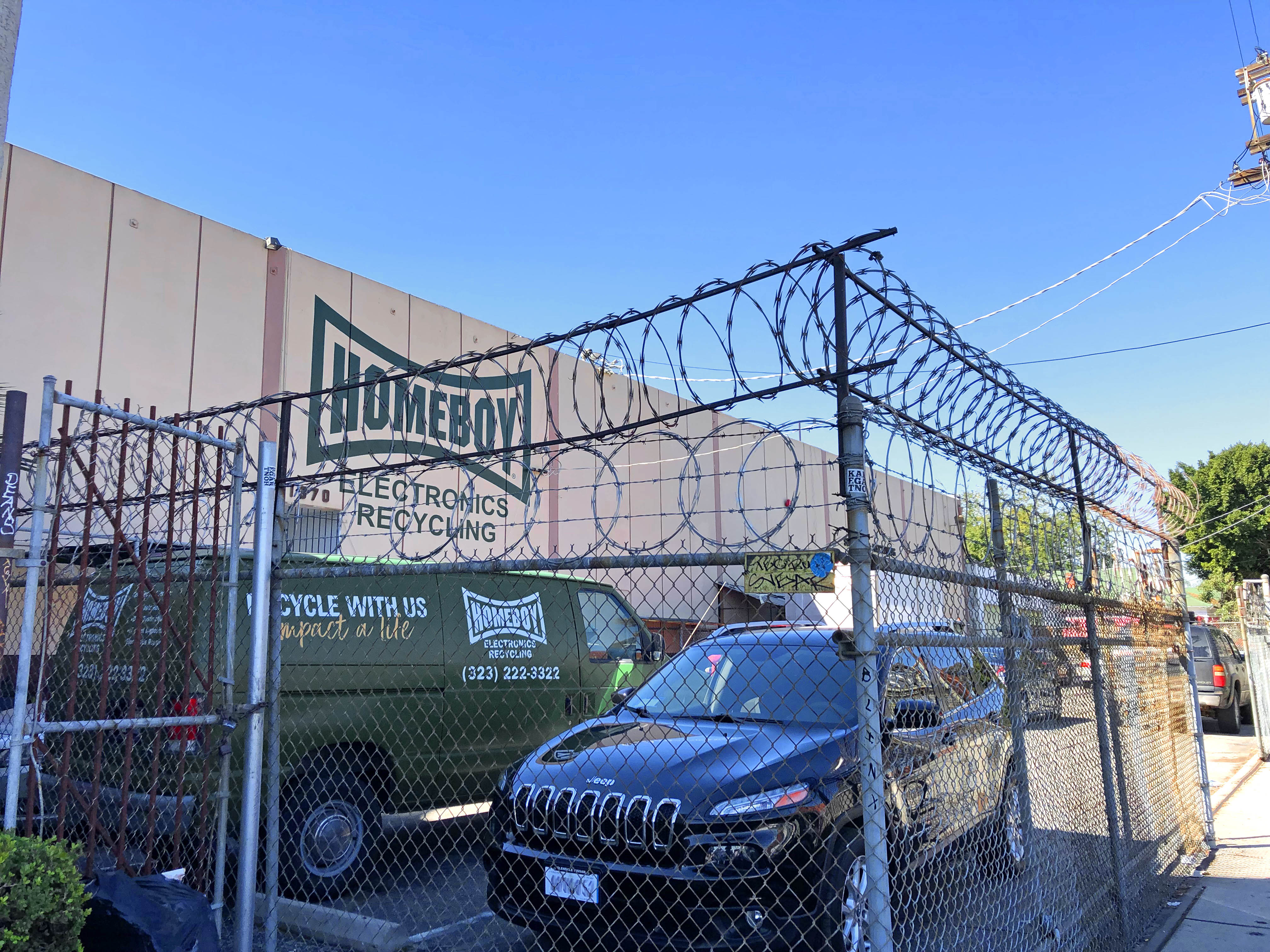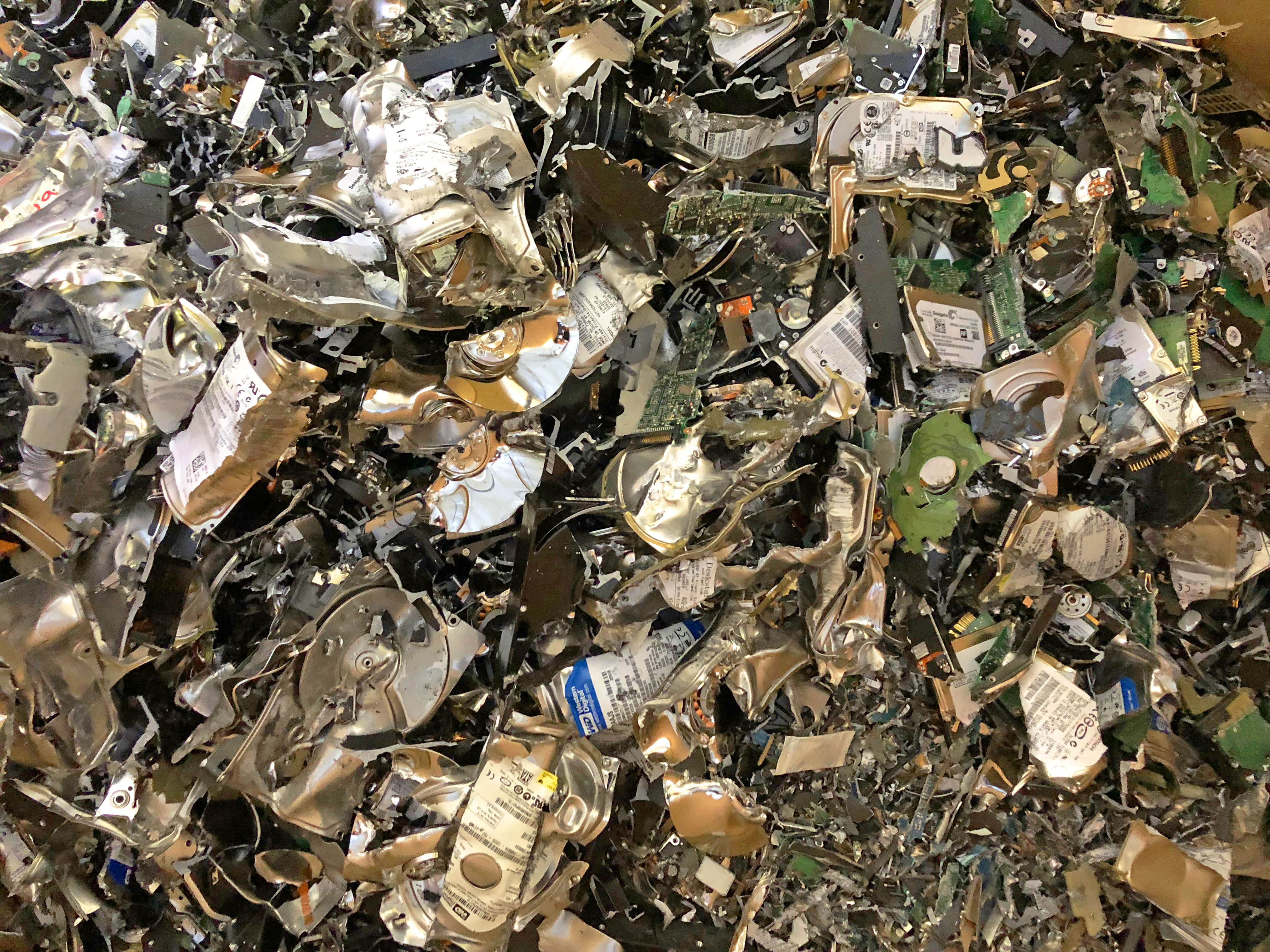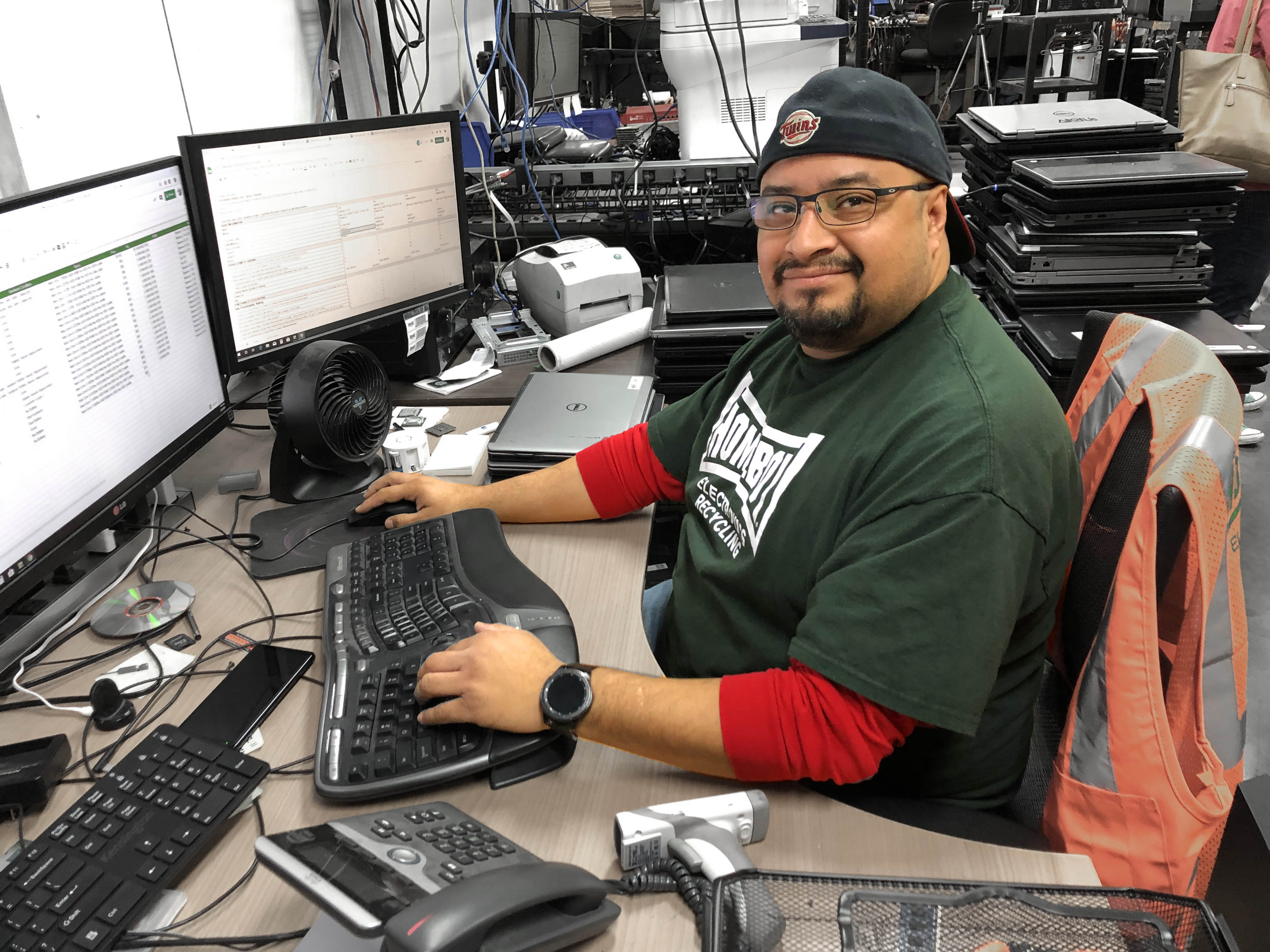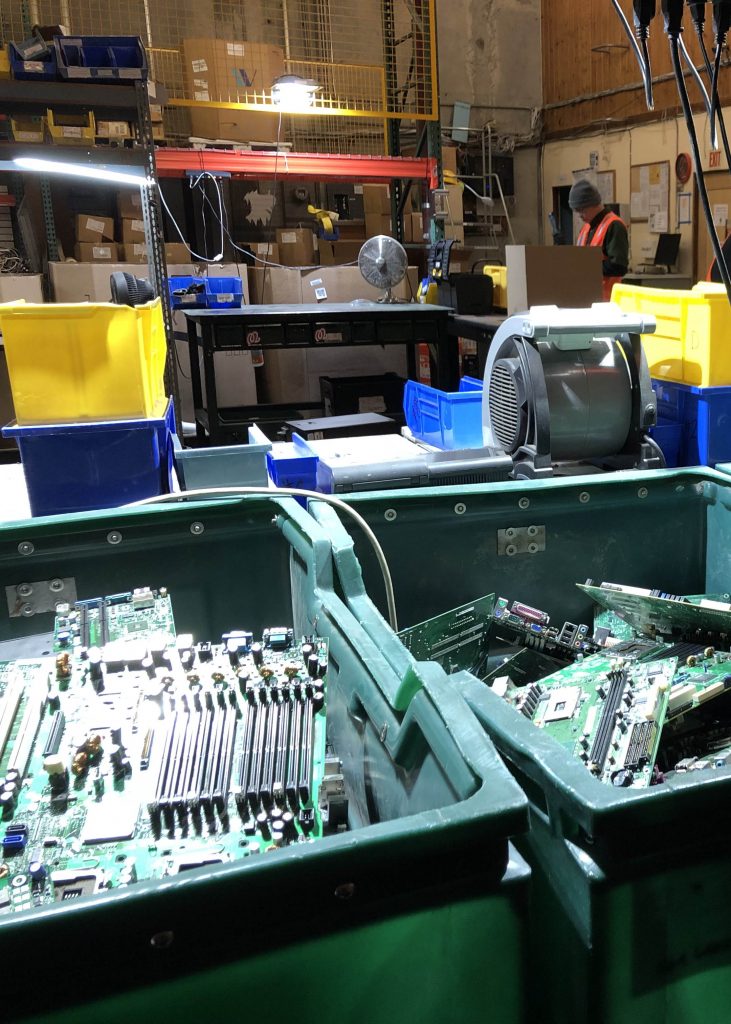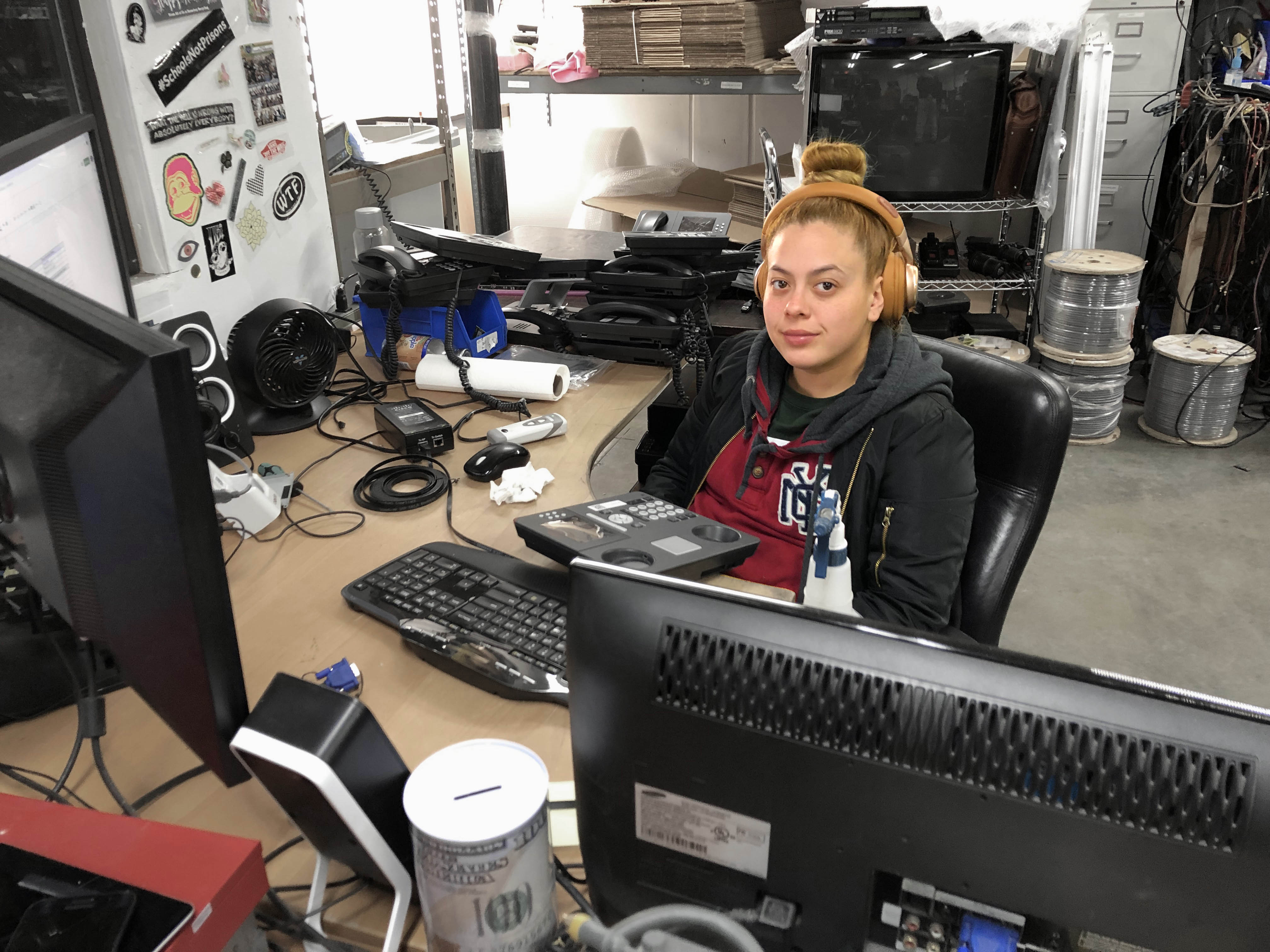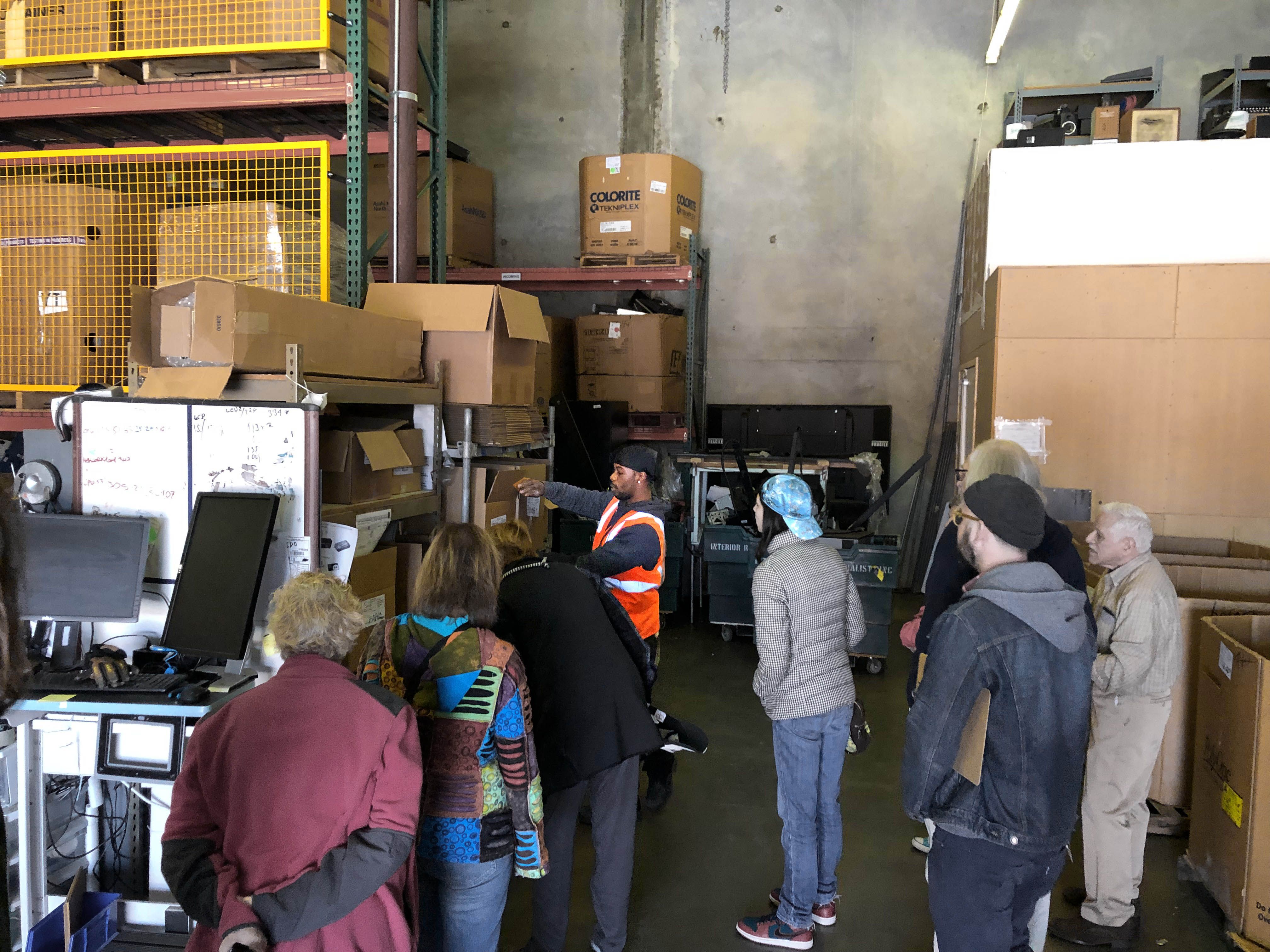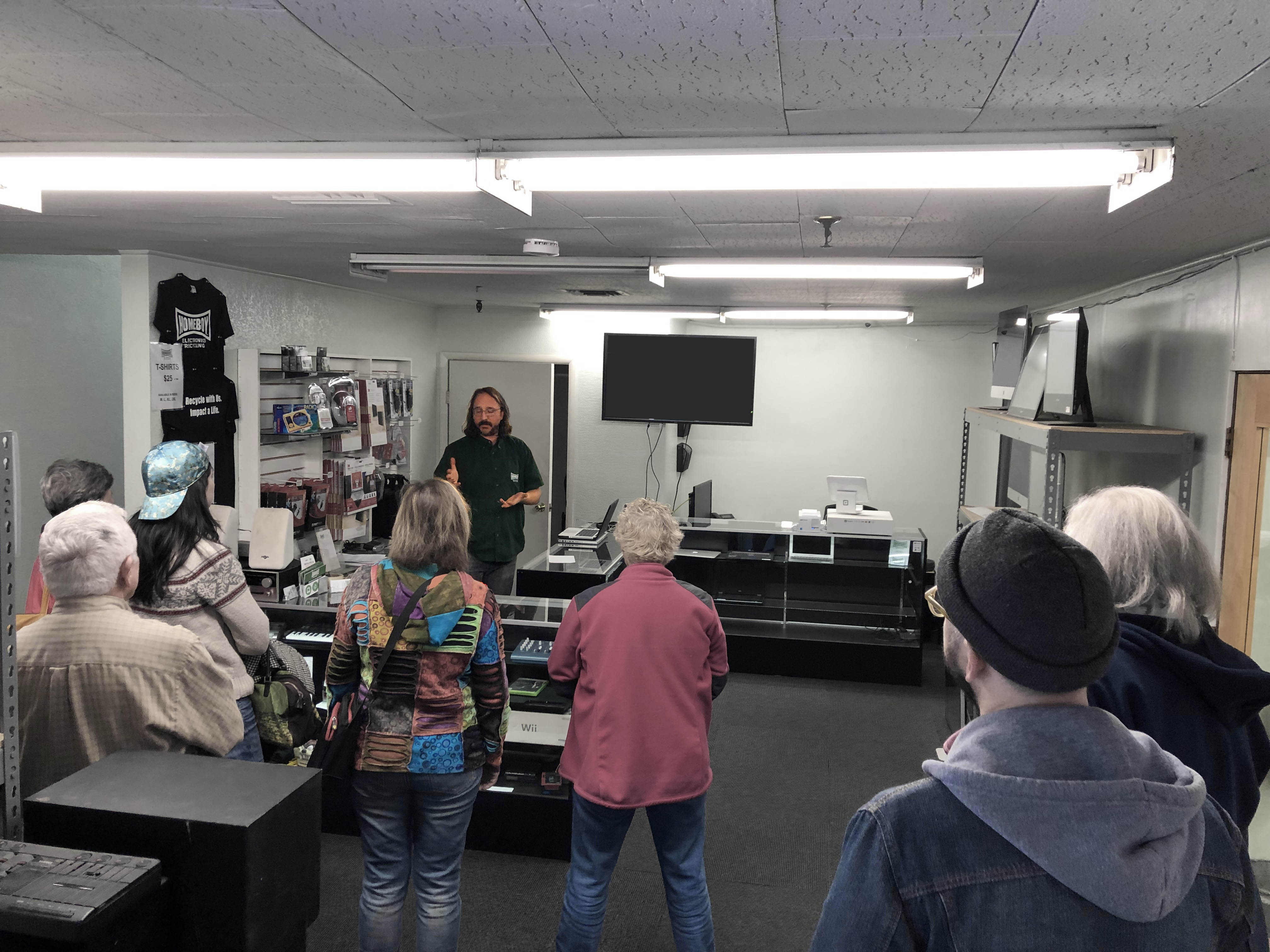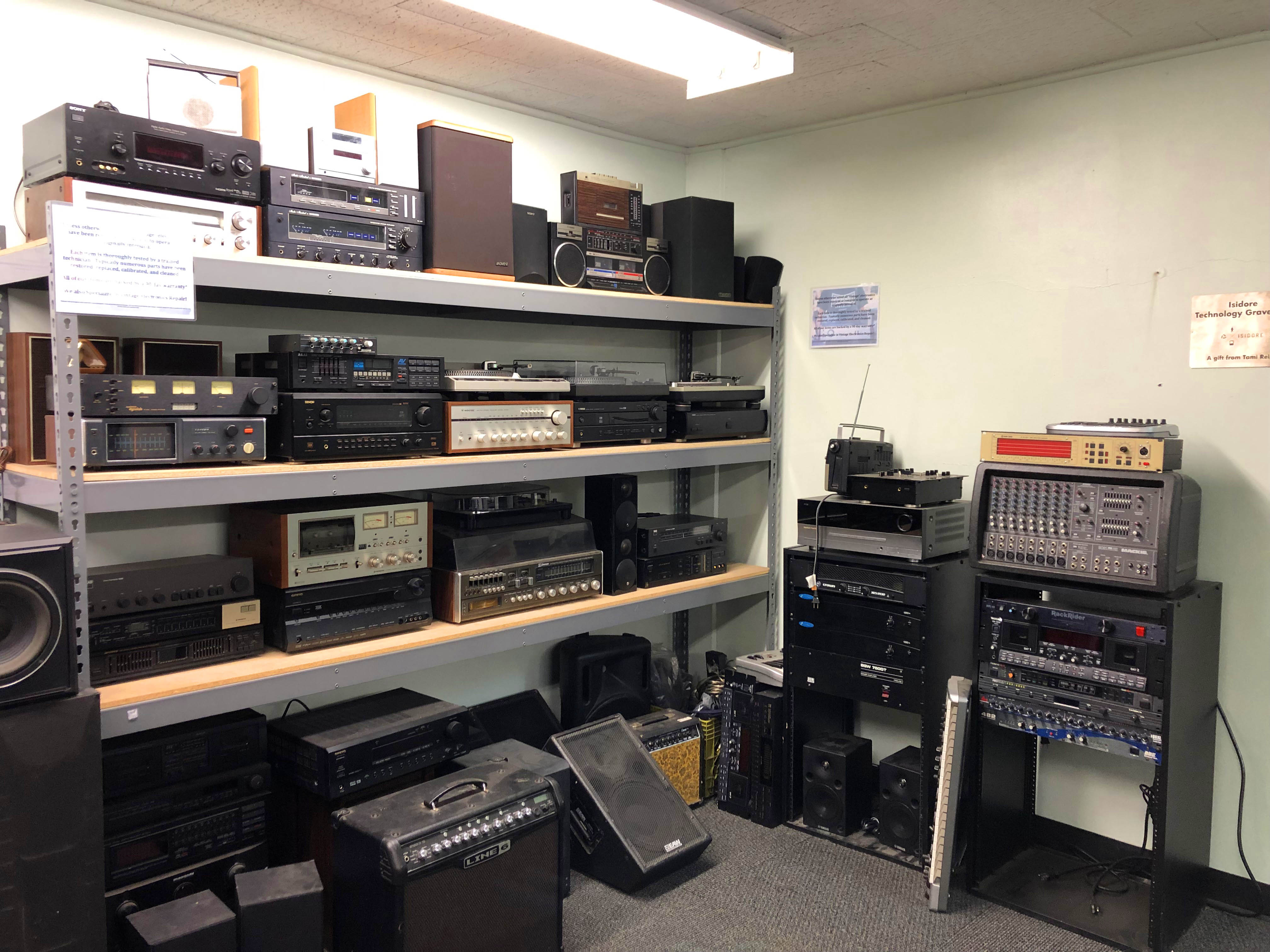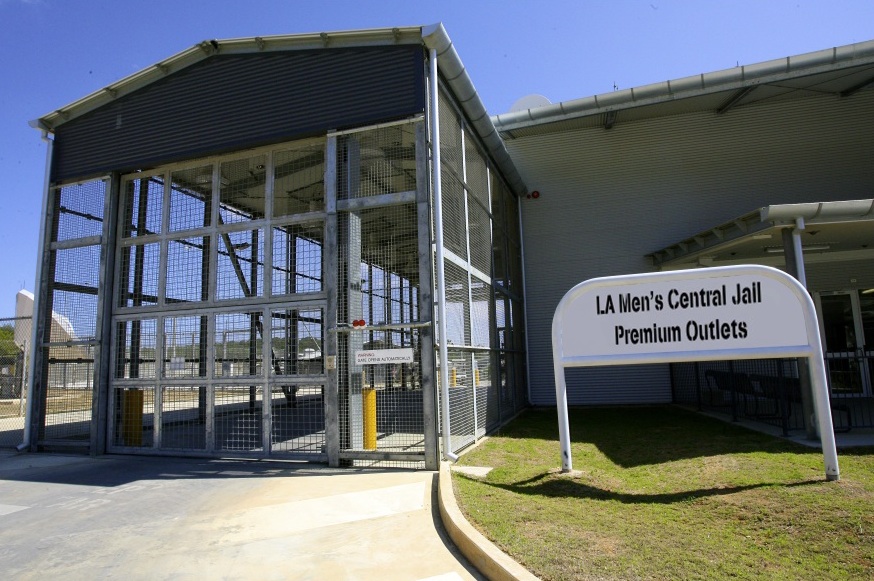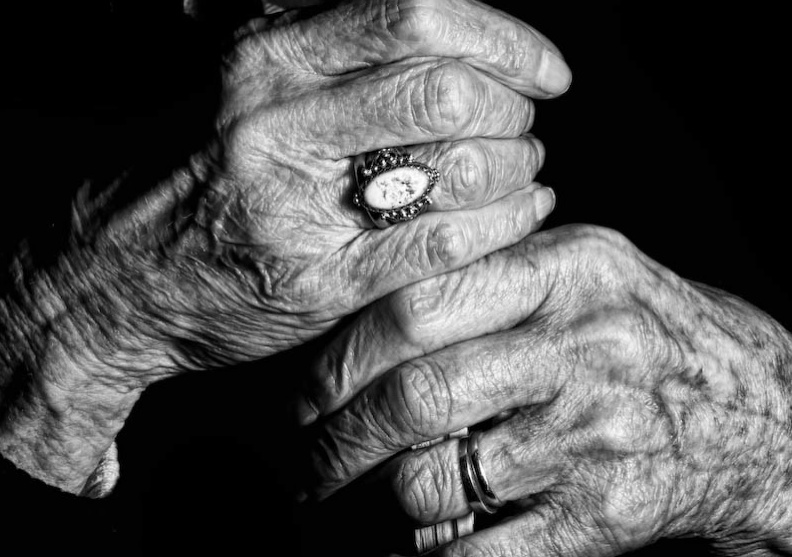Hanging at the back of a recent Atlas Obscura tour of Homeboy Electronics, an outgrowth of offender re-entry nonprofit Homeboy Industries, I learned that I’m as likely as anyone to lose sight of how good I have it while choosing from my 3,397 flat screen TV options.
The reminder came from those we met along the way: former offenders and gang members. As they explained the presence of poisonous lead, mercury, cadmium, and chromium in the plastics and metals of e-waste to those of us likely to upgrade their smart gadgetry just because the sky is blue, I couldn’t help but enjoy the role reversal. Who’s the “environmental” one here?
Director of Operations Brian Fox was our host and guide. Brian could not have been more energetic, knowledgeable, and passionate about the importance of educating the public on both the destructive potential of America’s 6.3 million annual tons of e-waste -and the power of second chances.
So when a discussion arose among those touring about whether or not recycling was even enough to combat such incredible overconsumption, I was glad when we decided we’d be of significantly better service by simply listening and tabling the debate for another time.
I’m glad we did, because it’s one thing to throw out your old printer. It’s another thing entirely to learn (and see!) just what escorting so many Epsons to the trash actually means to our presence on the planet. An electronics recycling facility is where those numbers take on real perspective, and that perspective makes you feel like you just encountered a fat black widow spider.
If I had to pick two key takeaways from Brian’s burn for us to grasp e-waste, I’d finger both throwaway culture and Right to Repair legislation. Educating oneself in these areas and discovering the value of refurbished tech are ways in which we can counter planned obsolescence. There are some pretty ingenious ways to give our smart gear “second and third lives,” which might actually be what it takes to make that gear truly “smart” in the first place.
And Homeboy Electronics is where do-overs dare.
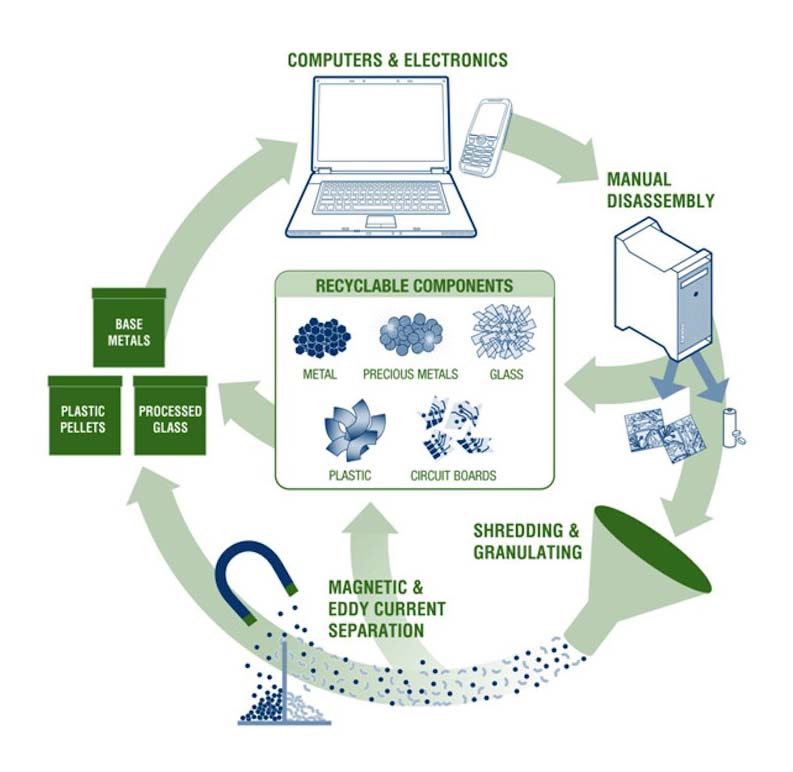
It was in 1988 that Homeboy’s founder, Father Gregory Boyle, wrote “Nothing stops a bullet like a job.” On his own, he began learning by doing and leading by learning. It’s the position of this blog (i.e. my view) that Homeboy Industries is re-entry and community reintegration at its best.
Now, through Homeboy Industries’ Workforce Development Department (known for years as “Jobs not Jails”), ex-gang members and formerly incarcerated men and women become Homeboy and Homegirl candidates.
And what started as a bakery now includes a solar panel program, Homeboy Groceries (for damn good chips and salsa), silk screen and embroidery, catering, and more (including an expanded bakery and Homegirl Cafe). Most importantly, what we saw on our tour of Homeboy Electronics was the key to all of this: former offenders doing the recycling rather than being themselves recycled through the criminal justice system.
But each Homeboy training and job placement program offers even so-called “high risk” individuals the opportunity to learn marketable skills, become environmentally aware and, in the case of used inkjets or iPhones, help bring the rest of us up to speed as well. Above all, Homeboy is a peer-to-peer network in the least technological sense, and it doesn’t offer its second chances in terms of a marketing agenda.
Homeboy Electronics has its own support store right at their facility. If you’re in the area, check out the selection of vintage electronic equipment, including reconditioned audio, video, and computers of every stripe. Why pay an eBay mark-up, do the flea market shuffle, or suffer through collector snobbery when you could support such a genuine example of post-incarceration rehabilitation?
Never mind what you’ll be saving.
.
.

